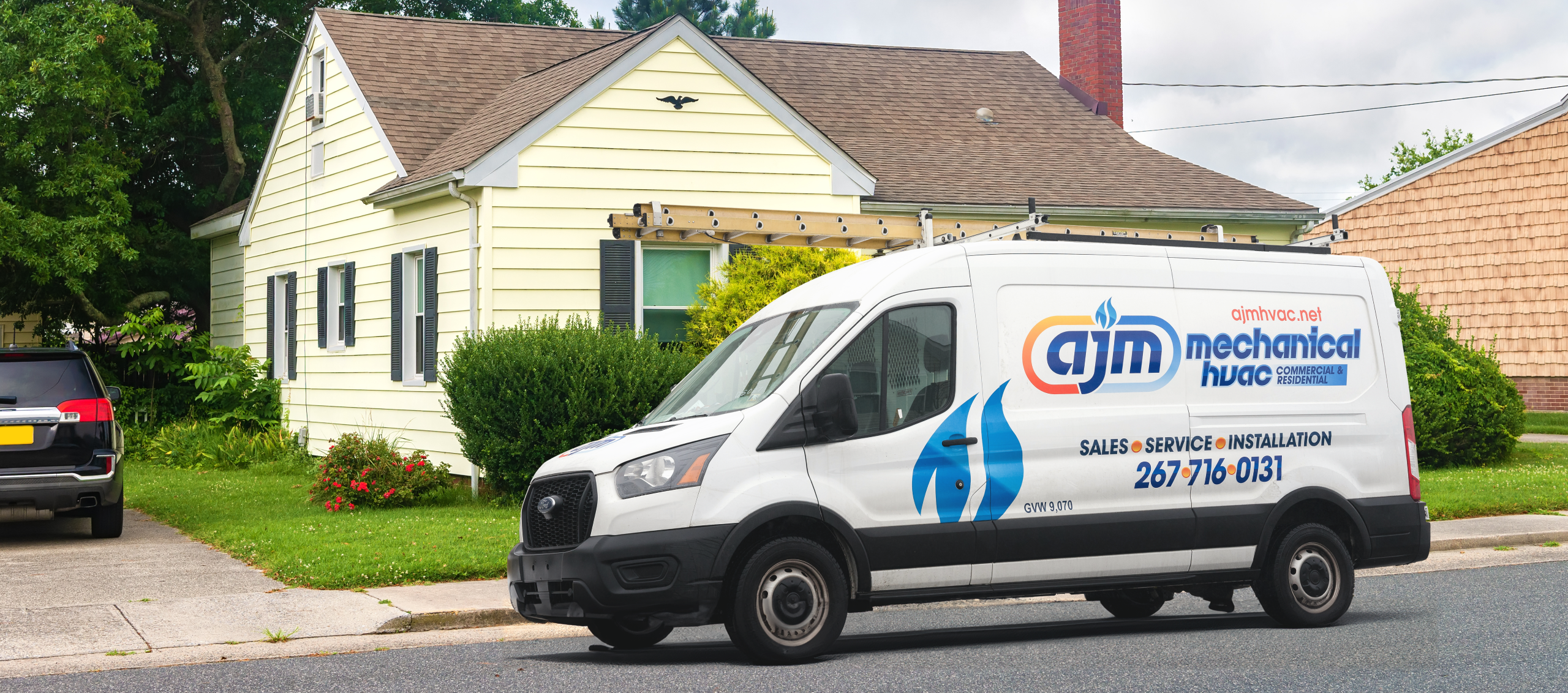
Best Heating Systems For The Northeast: Types, Benefits & How They Work
If you live in Central Pennsylvania, you know that the winters can be cold. Average temperatures in the Southern part of the state may stay more steadily in the 30s and 40s, but January lows often dip down to single digits and snowfall totals can exceed 30 inches per year in some areas. To ensure your home is comfortable during these frigid months, it’s essential to choose the best heating system for your needs. Modern homeowners now have a wider range of heating sources to choose from for their homes. In this article, we discuss the common types of fuel used in home heating and explore their benefits. By the end, you will be equipped with essential facts to help you make an informed decision about the best heating system for your home.
Natural Gas
Pennsylvania can often have long harsh winters that are very cold. Natural gas is often the preferred choice due to its ability to heat up a home quickly and deliver hotter air throughout the home very efficiently. Switching from oil to gas can be relatively straightforward for Pennsylvania residents and there have been considerable cost savings in natural gas costs over the past decade, thanks to technological advances.
How it works: heat is generated by a pilot light that ignites several burners in a combustion chamber. This heat then travels to a heat exchanger, at which point the heat is transferred to the air and raises that air to the temperature on the thermostat. Then, blowers send the air through the ducts and deliver it to the rest of the house.
Benefits: Natural gas is one of the least expensive fuels to use, it’s easy and relatively inexpensive to install, can heat a home quickly, and is very reliable.
Electric Heat
Electric heat is a great option for those looking to stay away from fossil fuels. Electric heaters come in different sizes and wattages, so it’s important to consider your needs before making a purchase. The upfront cost of installation can be expensive, but this cost can often be offset by cheaper electricity bills in the long run. It is important to be aware of the price of electricity as it has seen a rise in recent years.
How it works: electric heat works by converting electricity into heat. Heat is generated when the electricity from your power outlet travels through a heating element, which can be either a coil or a wire. This heat is then transferred to air that has been forced through the heating unit by an internal fan, and this warm air is then transported throughout the home via ducts or vents.
Benefits: electric heating is clean, efficient and very safe, since there are no hazardous gases involved. It’s also a great option for those in the market for renewable energy sources, as the electricity used to power electric heaters can be sourced from solar or wind power.
Oil Heat
Oil heat is less popular than it used to be, thanks to rising costs and environmental concerns. Even so, oil remains a very popular option for many Pennsylvania homes. It’s important to do your research and shop around for the best deal when it comes to oil heating.
How it works: oil heat works by using an oil-fired furnace or boiler. Within the furnace or boiler, fuel is mixed with air and then ignited in a combustion chamber. This heat energy generated is used to warm up a liquid, typically water or steam, which is circulated through the home’s pipes and radiators. The hot air that exits these radiators is then circulated throughout the house by a fan.
Benefits: one of the main benefits of oil heating is that it’s a great choice for those living in rural areas who may not have access to natural gas. It also tends to be cheaper than electricity and provides more consistent heat throughout the cold winter months.
Geothermal Heat
Geothermal heat pumps use the Earth’s natural heat to warm your home and reduce electricity costs. Geothermal systems are more environmentally friendly than other heating sources, as they don’t burn any fuel and reduce your carbon footprint. The initial cost of a geothermal system can often be offset by federal tax credits and utility rebates. While this system is efficient it may not be able to keep up with weather that dips below freezing for extended periods of time.
How it works: geothermal heat pumps use the ground or groundwater to provide heating and cooling. The temperature underground remains consistent year-round, so these systems are capable of providing heat in the winter and cool air during the summer months. To do this, a closed-loop system is installed that consists of a water line with a loop buried in the earth that exchanges heat with the ground. This heat is then used to warm your home or can be stored for future use.
Benefits: one of the main benefits of geothermal heat pumps is that they can save you money on your energy bills. In addition, they require very little maintenance and have a longer lifespan than other heating systems. As mentioned earlier, you may also be eligible for federal tax credits and utility rebates when installing this type of system. Geothermal systems are also very environmentally friendly and require no burning of fuel, making them a great choice for those looking for greener energy sources.